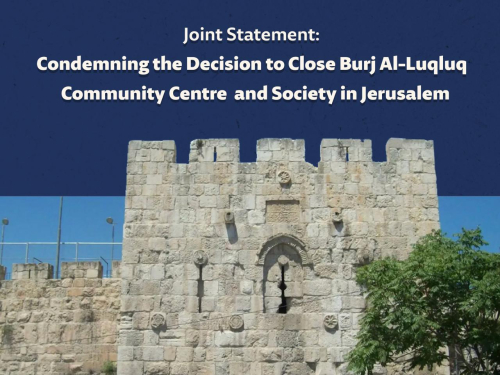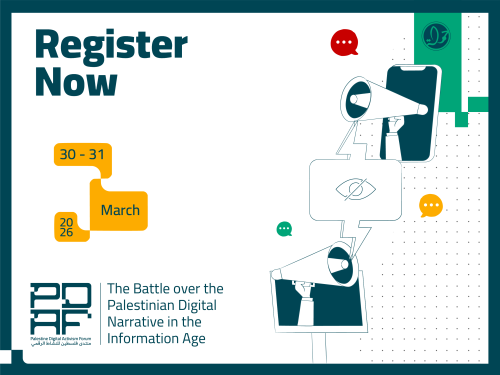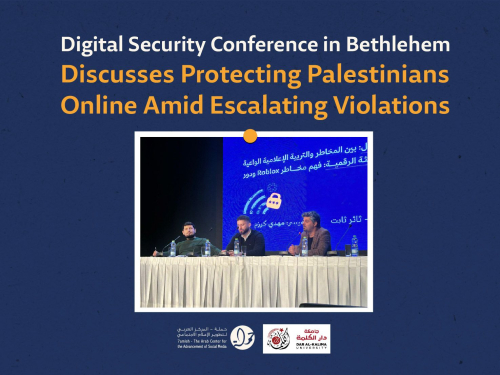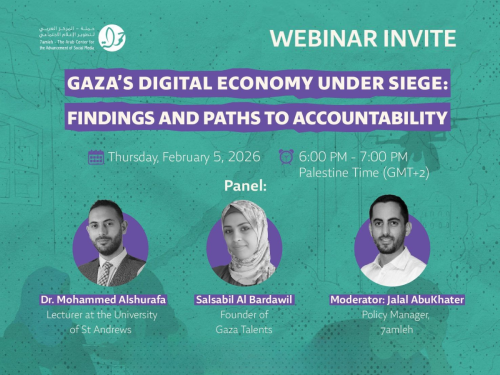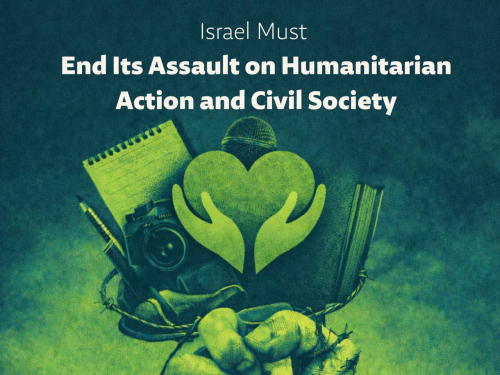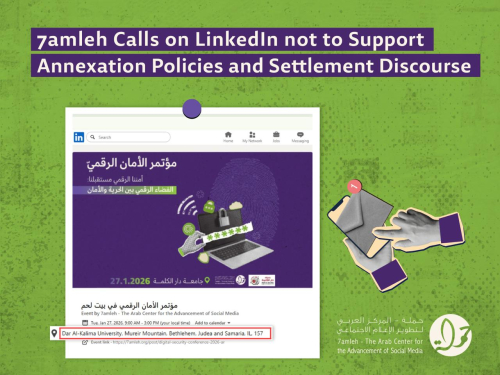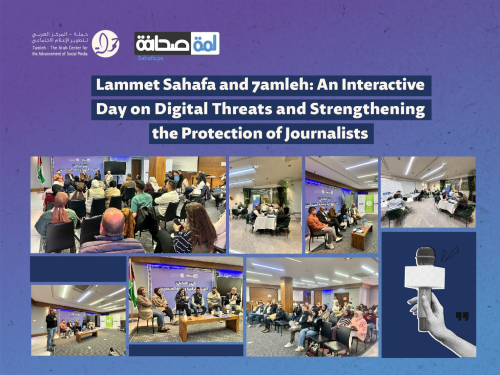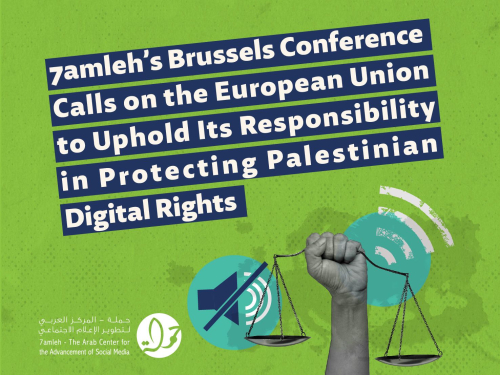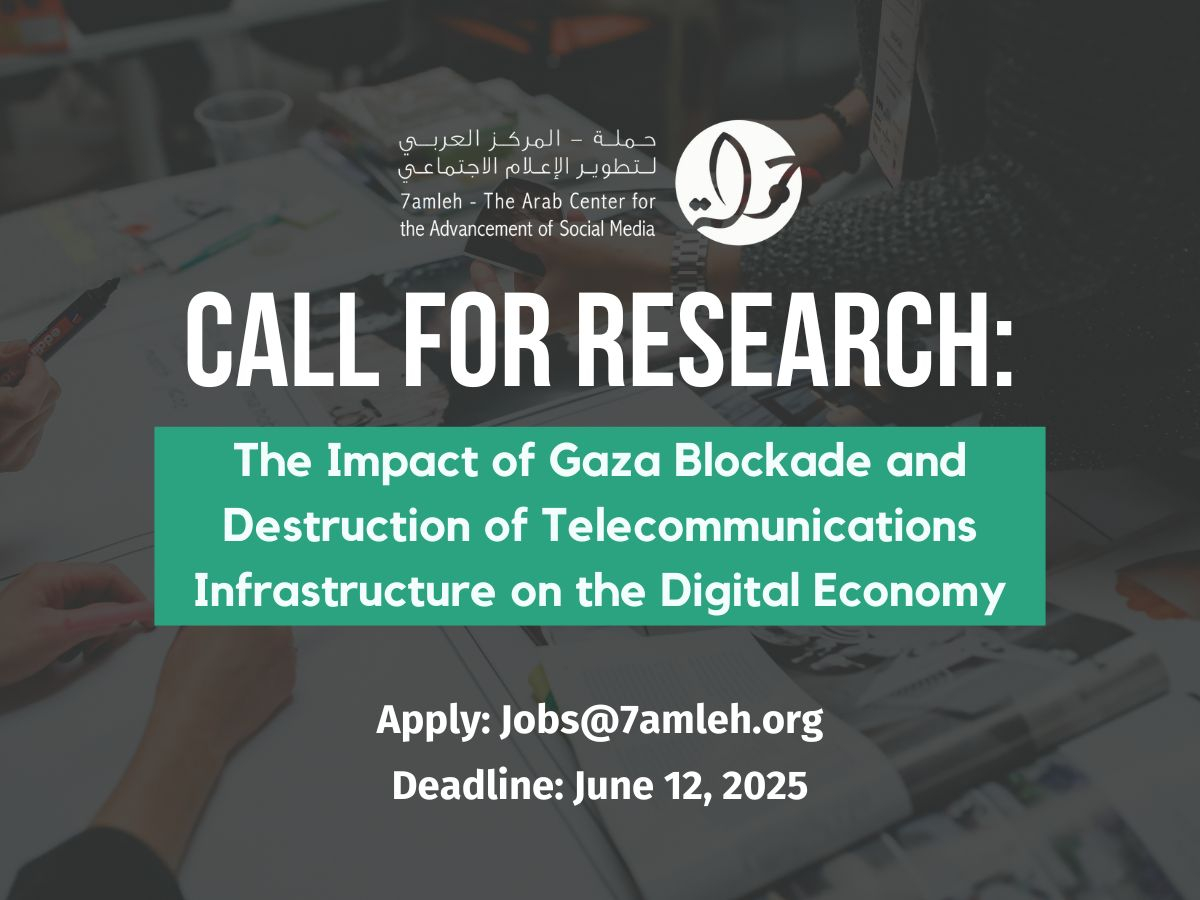
The Impact of Gaza Blockade and Destruction of Telecommunications Infrastructure on the Digital Economy
Terms of Reference and Scope of Services
Background to the Project
As part of ongoing efforts to advance the digital rights of Palestinian youth and key stakeholders in the Gaza Strip, this research falls under the broader objective of promoting restored digital access, countering digital repression, and mobilizing international support to uphold freedom of expression, access to information, and digital resilience.
The destruction of Gaza’s telecommunications infrastructure during the ongoing genocidal war has significantly affected not only digital rights but also the region’s digital economy. This includes the crippling of online businesses, disruption of freelance livelihoods, collapse of access to digital financial services, and setbacks in e-commerce and digital entrepreneurship.
This paper will serve as an evidence-based advocacy tool aimed at informing international stakeholders, donors, tech actors, and policymakers about the economic consequences of Gaza’s forced digital disconnection and will push for urgent action to restore connectivity and rebuild digital resilience.
The Specific Objective: To assess the impact of the Israeli blockade and telecommunications infrastructure destruction on Gaza’s digital economy and economic resilience, with a focus on freelancers, online entrepreneurs, digital service providers, and youth-led initiatives.
Initial Research Questions
-
How has the Israeli blockade and destruction of telecommunications infrastructure disrupted the digital economy in Gaza, including freelancers, digital entrepreneurs, and small online businesses, both before and after October 2023?
-
What are the consequences of these disruptions for income generation, job retention, and economic mobility in the context of siege and war?
-
How has access to digital financial services, e-commerce platforms, and remote work opportunities been impacted?
-
What platforms were commonly used by Palestinians in Gaza and the West Bank before the war, such as PayPal, Payoneer, UpWork, Fiverr, Deel, and RemotePass, and how were these affected after October 2023?
-
How are young Gazan freelancers currently managing their livelihoods under conditions of displacement and disconnection?
-
What organizations or initiatives are supporting young Gazans in accessing remote work or rebuilding digital economic pathways?
-
How are displaced Gazans, such as those who relocated to neighboring countries such as Egypt, sustaining digital livelihoods in new contexts?
-
What role are international NGOs, donors, UN agencies and civil society actors playing in supporting Gaza’s digital economy post-disconnection?
-
What are the implications for broader digital inclusion, economic justice, and resilience in Gaza?
What practical, rights-based, and locally driven recommendations can be made to support recovery and restoration of Gaza’s digital economy?
Overall Framework of Analysis
This study will be situated within the intersection of digital rights and economic justice, with particular emphasis on the right to livelihood, access to financial infrastructure, and youth digital empowerment. By documenting lived experiences and analyzing economic data, the research will demonstrate the urgent need to prioritize telecommunications restoration and digital economic recovery as part of broader humanitarian and development agendas.
Expected Outputs
The researcher will produce a policy paper between 4,000 - 5,000 words, presenting qualitative and quantitative findings and offering targeted, actionable recommendations. The final product will serve as both a standalone research output and a supporting document for 7amleh and partners’ advocacy activities.
Methodology
The research will adopt a mixed approach, including desk research and literature review on the digital economy in Gaza pre- and post-October 2023, at least 30 qualitative interviews with freelancers, digital entrepreneurs, platform workers, civil society experts, and telecom sector stakeholders, in addition to economic data analysis, using available datasets and sectoral studies, to quantify the impact on income, access to services, and operational capacity. It will include a mapping exercise of digital payment platforms available/unavailable to Palestinians living in the occupied Palestinian territory.
In addition, the research will incorporate a survey targeting at least 150 respondents from relevant groups such as freelancers, youth-led digital initiatives, displaced digital workers, and online entrepreneurs, in order to gather a broader picture of current digital economic practices and challenges.
The timeline is subject to change if both parties agree upon the changes, as long as any changes are communicated in writing. The initial schedule for this assignment is as follows:
|
Time Period |
Date (June - August) |
|
Preparatory Phase |
|
|
Research Outline |
09/06-20/06 |
|
Research Questions |
09/06-20/06 |
|
Research Tools |
09/06-20/06 |
|
Secondary Data Findings – Desk Research |
09/06-20/06 |
|
Methodology Section |
09/06-20/06 |
|
Submit Inception Report |
23/06 |
|
Field Phase |
|
|
Conducting Interviews |
20/06-04/07 |
|
Drafting Phase |
|
|
Analysis Writing and Sharing Findings |
04/07-07/14 |
|
Reporting Phase |
|
|
First Draft |
24/07 |
|
Second Draft |
31/07 |
|
Third Draft / Submission |
04/08 |
This Policy Paper should consist of the following:
1. Executive Summary: Overview of key research findings and recommendations.
2. Background of the Research: Contextual overview of Gaza’s telecommunications collapse and the digital economy landscape pre-war.
3. Research problem and objectives: Outline of purpose, research scope, and framing of the problem.
4. Discussion & Analysis: Presentation and analysis of data and interview insights.
5 Conclusion and Recommendations: Action-oriented recommendations for stakeholders including local actors, international agencies, donors, and tech platforms.
Submission of Proposals
Interested researchers or research teams are invited to submit a price offer/proposal, including a brief background, relevant samples of previous work, and a CV or organizational profile.
Please send your proposal to Jobs@7amleh.org, citing “Gaza Digital Economy ToR” in the subject line, no later than June 12, 2025.
Related Articles
Subscribe to Our Email Alerts
And stay updated with our latest activities, news, and publications!

